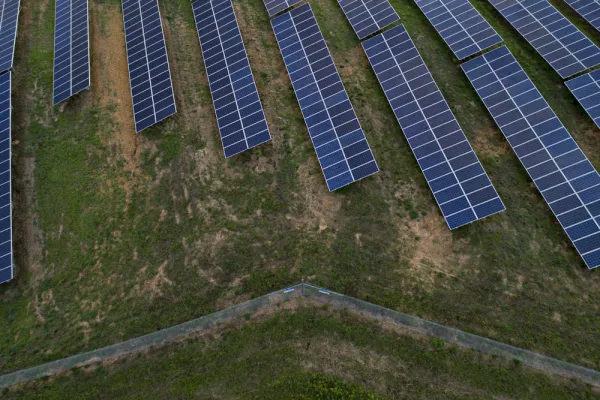Fund managers have turned bullish as Bank of America Corp. warns that economic and social conditions support feeling the opposite.
“We enter the next decade with interest rates at 5,000-year lows, the largest asset bubble in history, a planet that is heating up, and a deflationary profile of debt, disruption, and demographics,” Bank of America Merrill Lynch’s equity strategists said in a research note dated November 11.
But many investors aren’t holding back from taking risks in this stage of a record economic expansion. The bank’s latest survey of fund managers found that cash balances fell this month to the lowest level since 2013, with investors jumping back into equities for fear of missing out on market returns.
“The bulls are back,” Michael Hartnett, chief investment strategist at Bank of America Merrill Lynch, said in a research note Tuesday. Recession concerns have vanished in a “wave of optimism” stemming from investors’ concerns that they were sacrificing gains by sitting on cash, he said.
[II Deep Dive: ‘Warped’ Markets Prompt Pensions to Add Risk, Howard Marks Says]
Fund managers with about $700 billion of assets globally participated in the survey, which was conducted during the first week of November. They’re making a “risk-on rotation” into equities, value stocks, banks and Europe, moving out of cash, large-cap equities, utilities, staples and bonds, the poll found.
Cash levels declined to 4.2 percent from five percent in October — the biggest monthly drop since November 2016, according to Bank of America. Allocations to global equities, meanwhile, jumped to a net 21 percent overweight, the highest level in a year.
As for risks, investors cited trade wars, a bond market bubble, monetary policy “impotence,” and an economic slowdown in China, according to the survey.
“We are in the lowest interest rate environment in 5,000 years with monetary policy becoming less effective,” Bank of America strategists led by Israel wrote in the November 11 note. They said that a record number of fund managers surveyed by the bank believe “the global economy is late-cycle, the bond market bubble is set to unwind and populism is likely to be inflationary.”
JPMorgan Chase & Co. executives also see monetary policy becoming less effective.
At a media briefing earlier this month, David Kelly, chief global strategist of JPMorgan’s asset management unit, said that monetary policy has failed in the long, slow economic expansion following the 2008 financial crisis. He explained that inflation and rates remain low as central banks have not been able to stimulate the economy, leaving investors to look beyond U.S. stocks and bonds to meet their return targets over the next 10 to 15 years.
In other investment challenges in the next decade, Bank of America strategists said fund managers will have to steer through difficult demographic trends, a rise in artificial intelligence, and climate change that will displace people and pressure fossil fuels.
As 2019 winds down, the world is reaching a “boiling point,” they said in the November 11 report. Over the next ten years, they predicted that “governments, companies, and markets will face new social and environmental challenges unlike anything we have seen in the past.”
The planet’s resources will be under “huge strain” as the world’s population is expected to rise by almost 1 billion to 8.5 billion by 2030, according to their research. The world is also rapidly aging, challenging pension and health-care systems, they said. And with AI on the rise, robotic automation will increasingly displace jobs over the next decade.
“Peak globalization is likely behind us,” the strategists said. “The 1981-2016 era of unchecked flow of goods, people, and capital is coming to an end, catalyzed by the widespread recognition that while globalization has meant lower consumer prices, it has also meant slower growth, precarious employment, and social disruption.”







